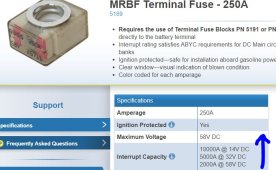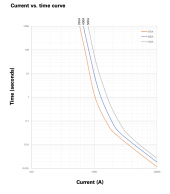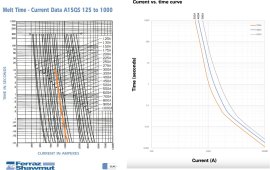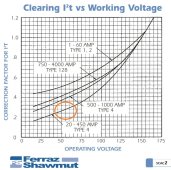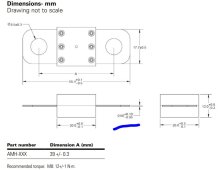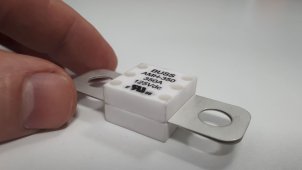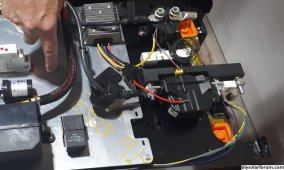yabert
Solar Enthusiast
I think I found a really interesting 10-15$ fuse alternative to Class T fuses.
Eaton Bussmann AMH specs:
-current ratings 350A, 400A or 500A
-ultra-high interrupting ratings, up to 20,000 A.
-voltage ratings, up to 125 Vdc
Eaton Bussmann AMX specs:
-current ratings 80A to 350A
-ultra-high interrupting ratings, up to 8,000 A (63Vdc).
-voltage ratings, up to 125 Vdc
Look good to me. Any thought?

Eaton Bussmann AMH specs:
-current ratings 350A, 400A or 500A
-ultra-high interrupting ratings, up to 20,000 A.
-voltage ratings, up to 125 Vdc
Eaton Bussmann AMX specs:
-current ratings 80A to 350A
-ultra-high interrupting ratings, up to 8,000 A (63Vdc).
-voltage ratings, up to 125 Vdc
Look good to me. Any thought?





